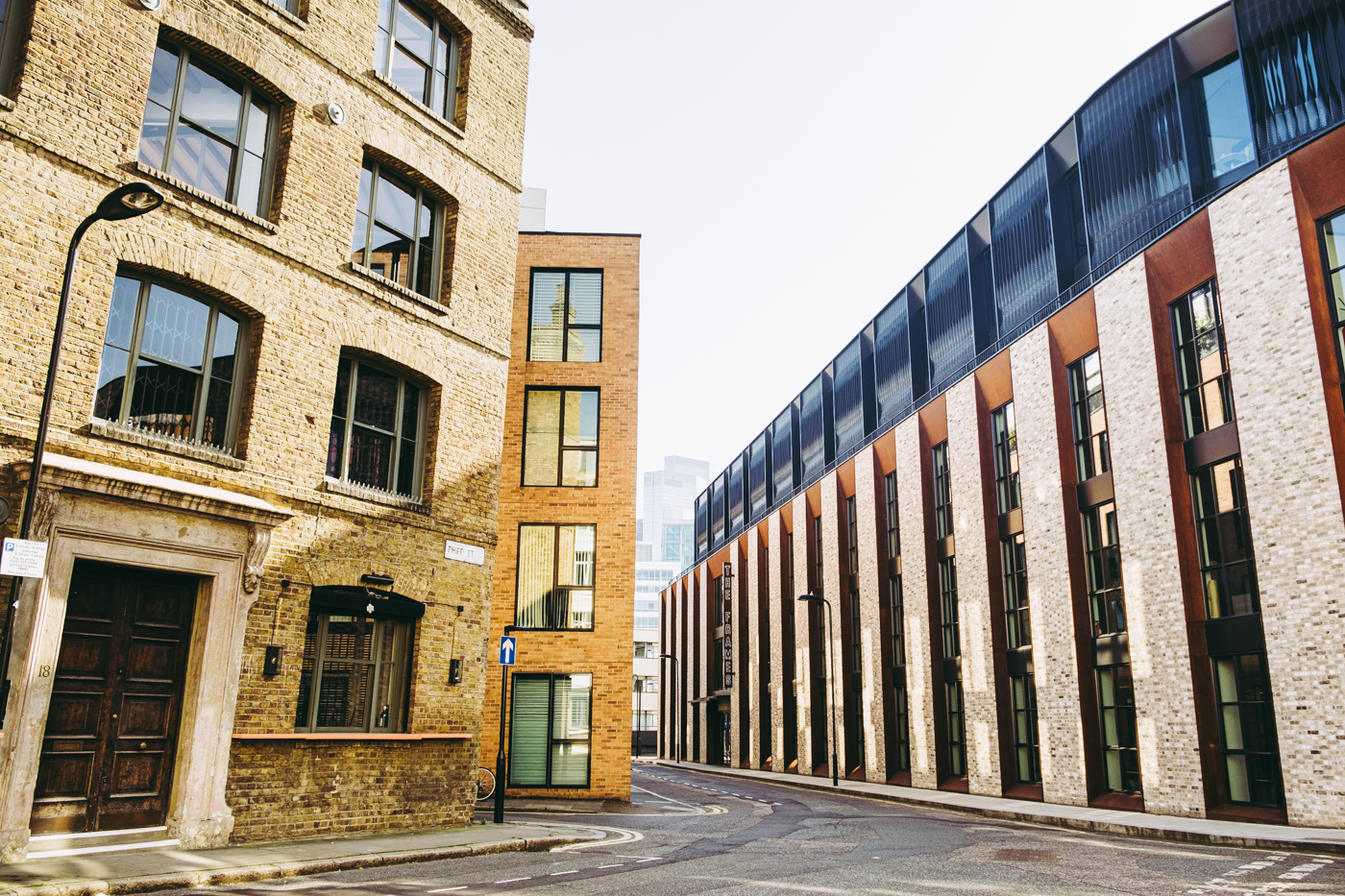Days
Hours
Minutes
Seconds
May 1 2026 - Renters' Right Act Commencement Day
You have 0 days to:
Serve any final Section 21 notices
Stop accepting above-asking rent offers
Prepare for the rental bidding ban
Remove “No DSS” from adverts
Remove “No Children” from listings
Show one clear rent price
Stop using fixed-term agreements
Switch to periodic tenancy templates
Check which tenancies go periodic
Stop taking rent before signing
Take no more than one month’s rent
Move all evictions to Section 8
Train staff on new notice rules
Create Section 13 process flow
Add two months to rent reviews
File court claims for Section 21s
Update landlord move-in grounds
Update landlord selling grounds
Send the RRA Information Sheet
Create written terms where missing
Update How to Rent processes
Review tenant screening questions
Update pet request processes
Stop backdating rent increases
Discuss rent protection backbooks
Act now before it is too late...
5 steps to unlocking your agency's agile potential
Is your agency ready to use agility to reach its potential? Here's an extract from our latest e-book, How to maximise your agency's potential, with the five trademarks that agile businesses display, as outlined by McKinsey.
Suzy Lycett
May 19, 2021
Creating an agile agency is all about taking a team-centred approach. You should trust your staff to work with autonomy towards a shared goal - normally a focus on bringing the right value to customers. Businesses that embrace this model introduce efficiencies across the board, which the Boston Consulting Group's research shows can mean a 25 to 35 percent reduction in costs, and an increase in customer satisfaction of 10 to 20 percent.
Property consultants Bidwells moved to an agile mindset three years ago. "Everyone has a locker and you can sit at any desk," says Alex Bloxham, Partner and Head of Residential Lettings. "The idea is to mix with your colleagues. You don't have to sit with just those in your team - you can sit with anybody and share ideas. It encourages communication and collaboration. It’s something that we will really be looking forward to doing more of as the restrictions ease."
The agency's decision to work in an agile way was not influenced by Covid-19 but having it in place helped it to operate efficiently from the beginning of the first lockdown. "We were all ready and set up to move from a desk in an office, to a desk at home," says Shelly MacDermott, Business Development & Marketing Coordinator at the agency. "And now, in the new office, the desks are all spaced out, it's a very open area office - ideal for social distancing."
McKinsey's "five trademarks of agile organisations" can help agencies, striving to be more agile recognise and benchmark against where they are now - and how they may need to adapt to achieve the distinction of being an agile agency. Here's a breakdown.
1. Establish a shared purpose
The first step in creating an agile workforce is in creating a shared sense of purpose, or a "North Star", as Mckinsey explains. An agile company needs to bring value to all stakeholders with different and changing needs, and a guiding "star" helps match actions to take with a shared vision - leaving staff members free to "individually and proactively watch for changes in customer preferences and the external environment and act upon them." This can help you understand where resources should be allocated, quickly. Managers need to be clear about what the shared goal is and offer guidance on how to prioritise and what outcomes are expected from the teams.
2. Build interconnected, empowered teams
Strongly interconnected agile teams can "balance individual freedom with collective coordination," so staff stay engaged and deliver the best results. Agile businesses should have "clear, flat structures" and "accountable roles", to avoid time wasted in chasing approval or duplicating work. "Hands-on governance" means decisions can be made as close to relevant teams as possible, and building a sense of community helps employees share knowledge and best practices - and creates a sense of stability. Mixing physical and virtual work environments could also help your staff to "do their jobs most effectively in the environment that is most conducive to them".
3. Make decisions quickly and learn continuously
The lettings sector is constantly evolving and agile agencies are well placed to reduce risk and "be the quickest and most productive in trying new things.” Your ways of working should be standardised: how a meeting should be run, what procedures to follow, what technologies to use. This means communication will be more transparent - and should be continuous - to encourage creativity, feedback sharing, and prompt decision making based on how things are progressing. Your teams will learn new and better ways to work - and their performance should be monitored against clear targets, to help your business move quickly in the right direction.
4. Ignite passion in your workforce
Give your staff the freedom to take ownership of their role, and they'll feel more engaged to "create value quickly, collaboratively, and effectively." Management should provide plenty of development opportunities - keeping an eye out for proactive workers with an "entrepreneurial drive" in particular, and strive to create a common culture - and, again, a sense of community.
5. Use enabling technology
Keeping technology at the core of your business, rather than in a purely supporting role, can "unlock value and enable quick reactions to business and stakeholder needs." Agile businesses can adapt their technology architecture and systems, and adopt new communication and work-management tools to reduce "interdependencies" that can slow processes down.
Your agency may see itself in some, if not all, of the characteristics of an agile agency outlined - but pulling all of the different strands together will help direct your agency to reach its maximum potential.
Want the latest lettings new delivered straight to your inbox every week? Sign up to our mailing list and stay up to date.







